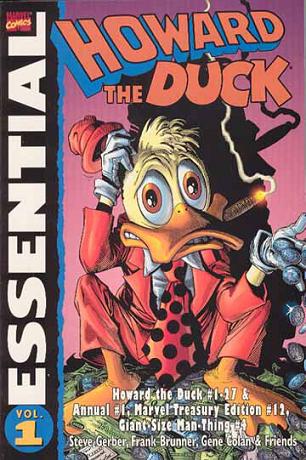Blog fodder for June 19th through June 22nd:
- Arcfinity – We’re reading BARRICADE by Jon Wallace – In case you are thinking otherwise, I was not scouring the text for these solecisms, setting out to set you up, but like all people who are preparing a review I was keeping notes throughout the reading. The protocols around a first novel by a young writer do matter. I kept noting all the bad stuff (much more than reported here), but I was looking for good bits with which to try to encourage you. I found none. It gradually dawned on me that I was wasting my time. Barricade was unyielding in its awfulness. It was a book I did not wish to write about.
- Tomgram: Rebecca Solnit, The Archipelago of Arrogance | TomDispatch – Yes, guys like this pick on other men's books too, and people of both genders pop up at events to hold forth on irrelevant things and conspiracy theories, but the out-and-out confrontational confidence of the totally ignorant is, in my experience, gendered. Men explain things to me, and other women, whether or not they know what they're talking about. Some men.
- Lesbian Historic Motif Project at The Rose Garden – My goal here — beyond the selfish utilitarian aspect of organizing my research — is much in parallel with that of sites like the Medieval People of Color blog, or Kameron Hurley's award-nominated essay "We Have Always Fought". I want to help change the unexamined assumptions about the place and nature of lesbian-like characters in historic fact, literature, art, and imagination. I want to do it to help other authors find inspiration and support for the stories they want to tell. And I want to do it to affect the reception of my own writing.
- All Quacked Up: Steve Gerber, Marvel Comics, and Howard the Duck « The Hooded Utilitarian – This article is a history of the editorial and business relationship between Marvel Comics, their representatives, and the late writer Steve Gerber (1947-2008). Its focus is their dealings over Howard the Duck, Gerber’s signature character.
- Ptak Science Books: Ueber-Spectacular Understatement Department: the Happy Post-Apocalyptic America and the “Awkwardness” of Holocaust, 1962 – How rich we'd all be after the bombs dropped!
